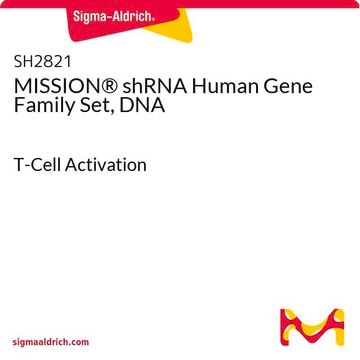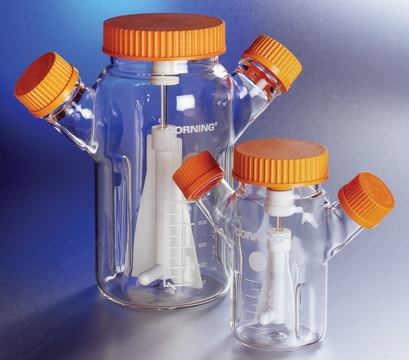Recommended Products
description
Powered by Eupheria Biotech
product line
MISSION®
form
lyophilized powder
esiRNA cDNA target sequence
CAACTTTGACAACCCCGTCTATCAGAAGACCACAGAGGATGAGGTCCACATTTGCCACAACCAGGACGGCTACAGCTACCCCTCGAGACAGATGGTCAGTCTGGAGGATGACGTGGCGTGAACATCTGCCTGGAGTCCCGTCCCTGCCCAGAACCCTTCCTGAGACCTCGCCGGCCTTGTTTTATTCAAAGACAGAGAAGACCAAAGCATTGCCTGCCAGAGCTTTGTTTTATATATTTATTCATCTGGGAGGCAGAACAGGCTTCGGACAGTGCCCATGCAATGGCTTGGGTTGGGATTTTGGTTTCTTCCTTTCCTCGTGAAGGATAAGAGAAACAGGCCCGGGGGGACCAGGATGACACCTCCATTTCTCTCCAGGAAGTTTTGAGTTTCTCTCCACCGTGACACAATCCTCAAACATGGAAGATGAAAGGGGAGGGGATGTCAGGCCCAGAGAAGCAAGTGGCTTTCAACACACAACAGCAGATGGC
Ensembl | human accession no.
NCBI accession no.
shipped in
ambient
storage temp.
−20°C
Gene Information
human ... LDLR(3949) , LDLR(3949)
Related Categories
General description
For additional details as well as to view all available esiRNA options, please visit SigmaAldrich.com/esiRNA.
Legal Information
Storage Class
10 - Combustible liquids
flash_point_f
Not applicable
flash_point_c
Not applicable
Certificates of Analysis (COA)
Search for Certificates of Analysis (COA) by entering the products Lot/Batch Number. Lot and Batch Numbers can be found on a product’s label following the words ‘Lot’ or ‘Batch’.
Already Own This Product?
Find documentation for the products that you have recently purchased in the Document Library.
Our team of scientists has experience in all areas of research including Life Science, Material Science, Chemical Synthesis, Chromatography, Analytical and many others.
Contact Technical Service





